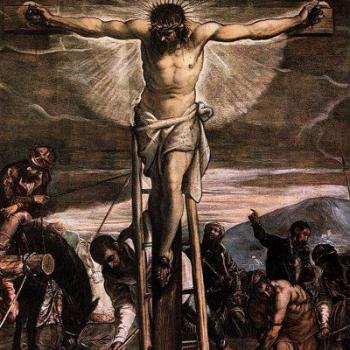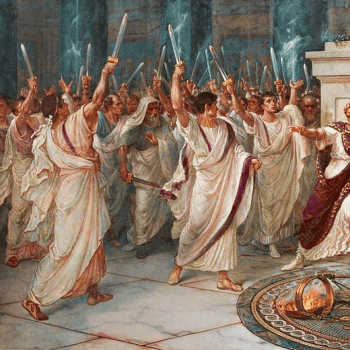My parents got my sister and I to go to church and have piano lessons. We were keen and they could see that. I got to sing solo in the junior choir when I was 10 or 11 and won a competition, and my sister’s piano playing improved to a certain level. One time my sister and I worked together. The first song we ever sang in High School was Rags to Riches by Tony Bennett.
A lot of people influenced me as I was learning but probably Bing Crosby was the most influential, because I would hear his Christmas albums, which my parents played a lot. Through him, the Irish stuff started coming out, because a lot of songs he did like Galway Bay were about the Irish and their traditional music and I caught on to it. Bing had a very mellow voice but he sang some deep songs. . . .
I read in a high school yearbook that your ambition was to be a drummer.
I was a drummer in the bugle band in cadets. I marched. It’s probably quite funny to look back on it. I enjoyed my time at Orillia District Collegiate & Vocational Institute. There was nothing you couldn’t do: there was music, hockey, everything – in this little tiny town. I never got really good at hockey. I did track and field, and I joined a football team.
And you said you might end up a “diaper washer at Waggs”. What was that?
I worked in a plant when I was 14 for two years. I always wanted to do the summer jobs. Honest to God, I always had to be doing something. The plant was the laundry and dry cleaning plant. It was quite a large concern, not like a corner store. It was a business employing a hundred or so people. There were two or three plants and my father ran one and that’s why I always had a job in the summer time. We did all the linen supply for the hotels in the resort areas. When I was 16, I used to drive huge loads of laundry in a three ton truck. I would turn round at night to drive back and see the band in a place north of Toronto called Dunn’s Pavilion. I would drive that truck all day and they drive back and all the way until one day I wrecked the truck. I fell asleep and wrecked it. I was OK and so was my helper. I called my dad and the first words out of his mouth were, “are you OK?” I was really lucky I had a kind father.
[Keep reading. . .]
HT: SK Peterson, via Facebook
What this shows is the way a person discovers and cultivates his gifts; that is, how he finds his calling. Now God gives gifts to non-Christians as well and brings them into various offices–such as spouse, parent, citizen, artist–through which God can bless others. I don’t know anything about Gordon Lightfoot’s personal faith, but missing in Gordon Lightfoot’s account is an awareness of God’s role in all of this. Also missing is an awareness of his neighbor, whom he is called to serve through his gifts and opportunities. Technically, “vocation” should probably be reserved for those who have been “called by the Gospel.” But God, as He rules the universe in His temporal kingdom, still makes use of everyone for His purposes. And He uses all of these ordinary experiences to bring us where He wants us to be.
















